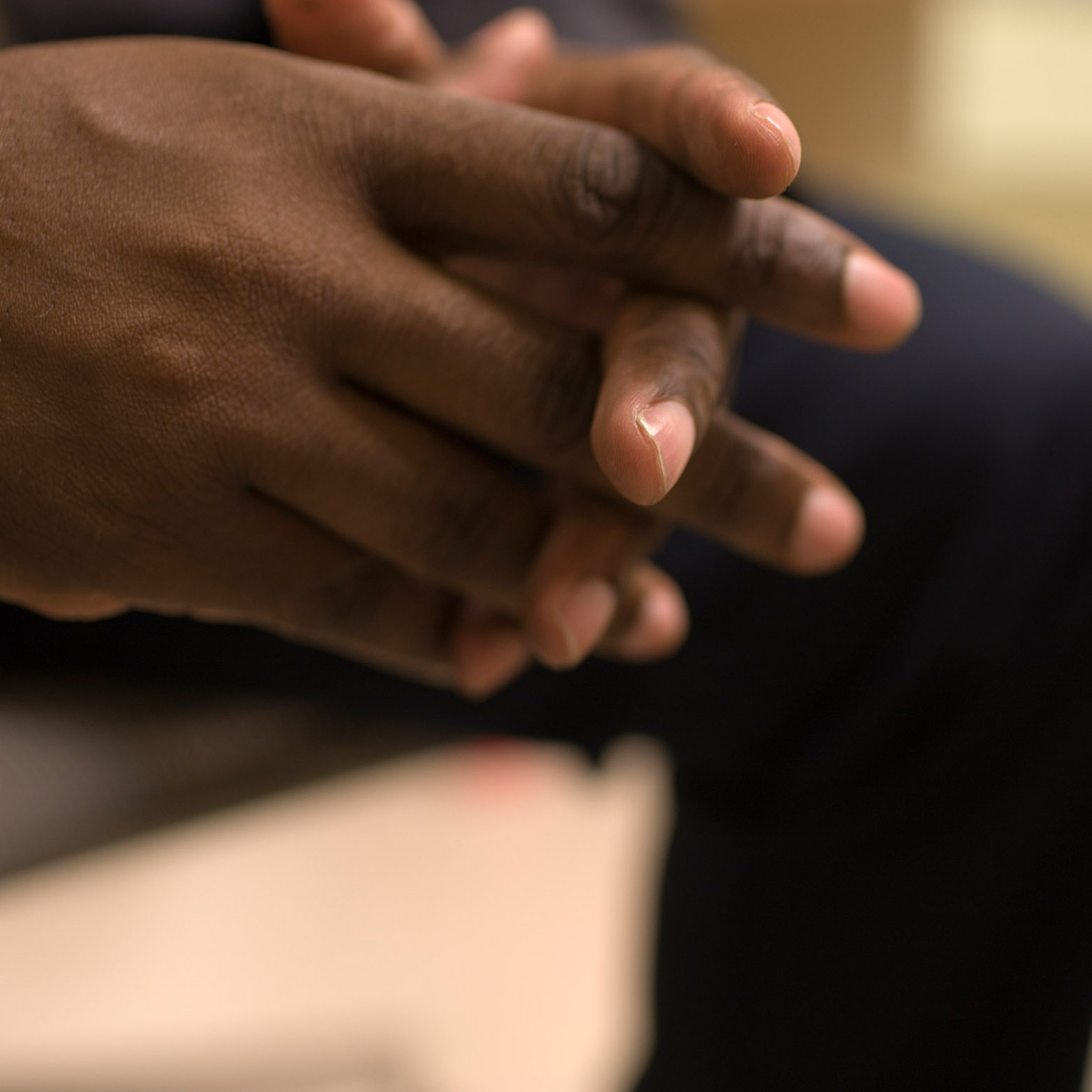Newsletter
Lawsuits are Not Always Over When the Verdict Comes In
Aug 03, 2023
Clinician stress is well-documented. Even before the pandemic brought the double whammy of reduced staffing levels and increased patient care burdens, the ever-growing demands from electronic medical records, patient satisfaction surveys, and health insurance pre-authorizations contributed to burnout. However, one stress factor that isn’t usually considered is litigation.
During a lawsuit, clinicians are likely to feel isolated, in large part because they are discouraged from discussing their case with their peers. When combined with remorse and self-doubt, as well as immersion in new and unfamiliar legal terrain, clinicians may experience sleepless nights and an inability to focus. Relationships can become strained, and some doctors even feel wary when treating patients. It has been said that a clinician who faces litigation feels a trauma likened to PTSD—an experience that can linger even after a suit is resolved and regardless of the outcome. According to the award-winning podcast Shame in Medicine: The Lost Forest, there is a strong, pervasive feeling of shame among litigation survivors, and this feeling is very much baked into the medical culture of errors. Host and co-creator Emily Silverman tells us:
A lot of people think that only bad doctors get sued, or at least that only other doctors get sued. But actually, it’s a thing that happens to many, many people in the healthcare field and can be a huge source of shame.
The encouraging news is that more and more resources are available to doctors going through litigation. As they begin what is often a slow, years-long journey through the malpractice system, there are partners and resources available along the way. Should you find yourself in this situation, getting support from your malpractice carrier, a trusted attorney, and family and friends can help prepare and support you throughout the lifecycle of your case and beyond.
Gita Pensa, MD, learned firsthand the devastating impact of a lawsuit. She leveraged her personal experience to create Doctors and Litigation, the L Word, a podcast to help other physicians navigate this journey. In it, she discusses malpractice litigation and litigation stress, with the voices of doctors who have been through it.
While her podcast includes practical suggestions (e.g., Do not change anything or add addendums in the chart), the unique value is her overarching message: You are not alone; others have taken this journey. It is an incredibly debilitating journey, and Dr. Pensa is candid about the impact on one’s relationships and career while addressing how to rebound from self-destructive emotions even after the suit is over.
In a recent interview with CRICO, Dr. Pensa told us: “There is a lack of generational knowledge being passed down from attendings to younger physicians and younger physicians to students. There are mandatory risk mitigation courses, but there are no role models in this space because we don’t talk about it.”
Dr. Pensa tells her listeners that effective support resources often come in the form of books such as: How to Survive a Medical Malpractice Lawsuit, by Ilene Brenner, MD, or Adverse Events, Stress and Litigation: A Physician’s Guide, by Sara Charles, MD, and Paul Frisch, JD. Of note is a book by Dan Shapiro, Delivering Doctor Amelia, which counsels a young physician through a malpractice suit.
When asked by CRICO what medical colleagues need to know about interacting with peers who are going through a case, she said, “Please do say something. Even if it's just saying, ‘I hear you're going through something; I don't need to know it is, but I just want you to know that I really like working with you. I think you are a really good doctor. I trust my patients with you.’ Anything like that.”
CRICO also offers a rich set of defendant resources for its insured members, including peer support groups, videos, and documents that are meant to support clinicians going through the process and the emotional journey. This material covers what happens after an adverse event as well as during the suit.
If you are named in a claim or suit, reach out to your support network and remember Dr. Pensa’s advice: Your life, you as a human being, you as a doctor is worth so much more than any one case.
More Resources
- On Trial: the NOCTURNISTS - Shame in Medicine: The Lost Forest: 1 in 10 physicians will get sued at some point in their career – but physicians rarely discuss this, much less prepare for it. How do we bring litigation, and all the stress and shame associated with it, out of the shadows?
- Healing the Healer, Complete Film: Documentary film that exposes the painful impact on clinicians when patient care goes wrong.
- Chronology of a Malpractice Case: Dr. Claire Cronin's humorous take on the traditional phases of a medical malpractice case.
- Coping With the Stress of Medical Professional Liability Litigation: ACOG article lays out that negative emotions in response to a lawsuit are normal, and physicians may need help from family members, peers, or professionals to cope with this stress.
- Tips from the Bench: 5 practical video shorts from the Hon. Hiller B. Zobel's 40 years of medmal rulings.
Related Content
When Things Go Wrong Complete Film

Coping with Emotional Demands



